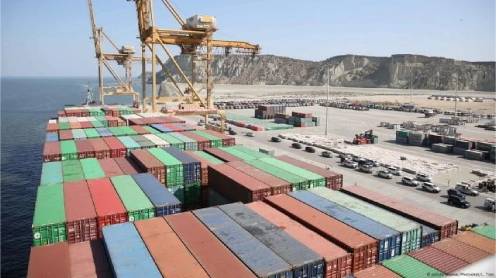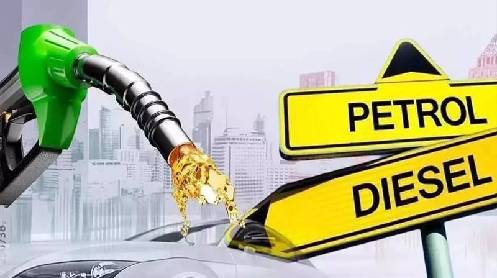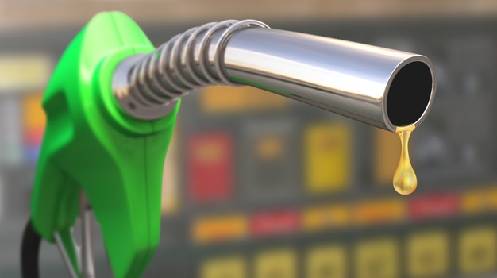ISLAMABAD: The Economic Coordination Committee (ECC) of the Cabinet, led by Finance Minister Muhammad Aurangzeb, has approved the establishment of a new Export Processing Zone (EPZ) in Balochistan’s Chagai district, with 80% Chinese ownership. The Siah Dik Copper Project, spanning 4,208 acres near Saindak, will be operated by KoheSultan Mining Company Limited, with China Metallurgical Group Corporation holding the majority stake and Siakoh Mineral Development Corporation owning 20%.
Despite prior reservations from the International Monetary Fund (IMF) regarding new EPZs, officials confirmed that zones approved within the past two years, such as this one, align with IMF guidelines. Pakistan remains bound by IMF conditions to phase out existing Special Economic Zones (SEZs) and EPZs by 2023, with all incentives ending by 2035.
The ECC approved additional measures with a cumulative impact of Rs48 billion. Key allocations include:
Rs14 billion for solarising agricultural tubewells under the Prime Minister’s National Programme.
Rs10 billion for settling liabilities on imported urea, with provinces sharing half the subsidy burden.
Rs536 million for digital initiatives by the Ministry of Information and Broadcasting, amid criticisms over internet restrictions.
Rs2 billion for the Digital Economy Enhancement Project (DEEP) led by NADRA.
Other notable approvals:
Rs523.1 million for the Special Investment Facilitation Council (SIFC).
Rs8.2 billion for restructuring Pakistan Revenue Automation Limited (PRAL).
Rs1.1 billion for Zarai Taraqiati Bank Limited (ZTBL) claims under a COVID-era fiscal package.
The ECC also endorsed a security package for the 7.07 MW Railii-II Hydropower Project under the 2015 Power Generation Policy and expanded the Prime Minister’s Youth Business and Agriculture Loan Scheme (PMYBALS) by introducing Tier 4 loans with a 0% end-user rate.
Finance Minister Aurangzeb emphasized ongoing efforts to stabilize the economy, citing fiscal policies, energy reforms, and price reductions on key commodities as instrumental in alleviating financial pressures and strengthening citizens’ purchasing power.
Story by Shahbaz Rana





